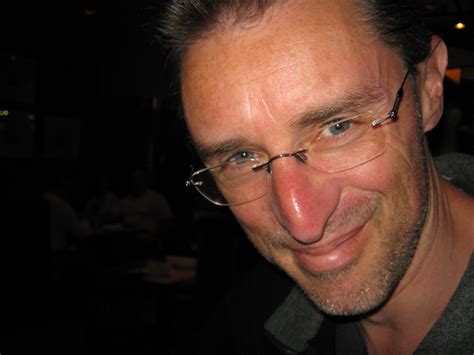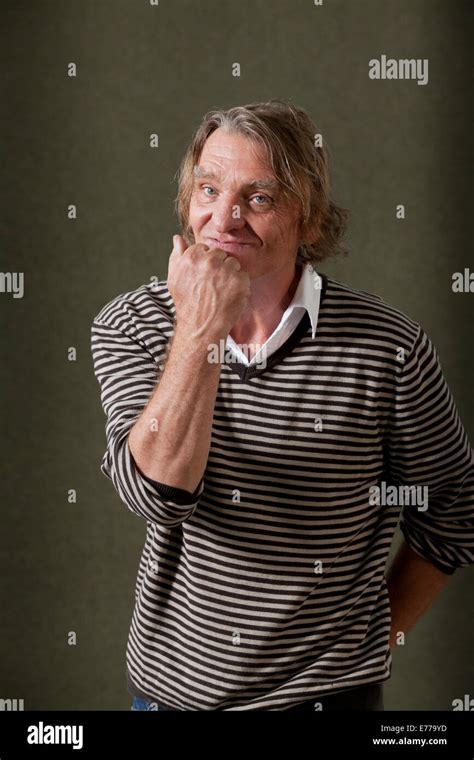A Quote by Atul Gawande
George Orwell is a pinnacle writer, for his combination of moral insight and literary writing.
Related Quotes
One of the best and most challenging books about Orwell is by the socialist literary critic Raymond Williams. As a critic - and, in some ways, as a figure, at least within the academy - Williams was what England had in the generation after Orwell, and toward the end of his life, he became more critical of his predecessor.
In the greatest fiction, the writer's moral sense coincides with his dramatic sense, and I see no way for it to do this unless his moral judgement is part of the very act of seeing, and he is free to use it. I have heard it said that belief in Christian dogma is a hindrance to the writer, but I myself have found nothing further from the truth. Actually, it frees the storyteller to observe. It is not a set of rules which fixes what he sees in the world. It affects his writing primarily by guaranteeing his respect for mystery.
Writer George Orwell confessed he found something "deeply appealing" about Adolf Hitler. Where Martha Dodd was struck by Hitler's "weak, soft face," Orwell discerned "a pathetic dog-like face, the face of a man suffering under intolerable wrongs." All this is a reminder that psychopaths have been known to possess engaging qualities, and that Hitler was no less repellent for not sporting fangs.
My literary criticism has become less specifically academic. I was really writing literary history in The New Poetic, but my general practice of writing literary criticism is pretty much what it always has been. And there has always been a strong connection between being a writer - I feel as though I know what it feels like inside and I can say I've experienced similar problems and solutions from the inside. And I think that's a great advantage as a critic, because you know what the writer is feeling.
George Orwell's '1984' frequently tops surveys of our greatest books: it's not a celebration of poetic language. It's decidedly anti-literary, a masterpiece of personal and political narrative sequence. And its subject matter is crucial, because what '1984' shows is that language can be a dirty trick.





































